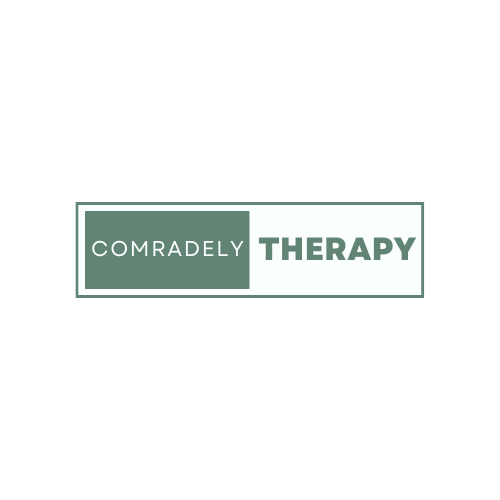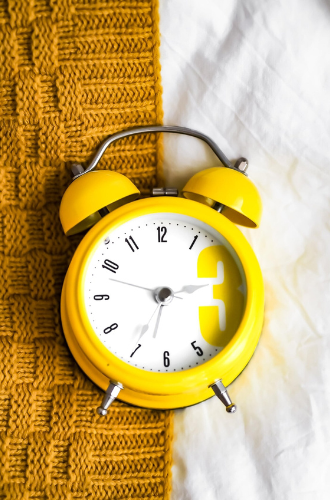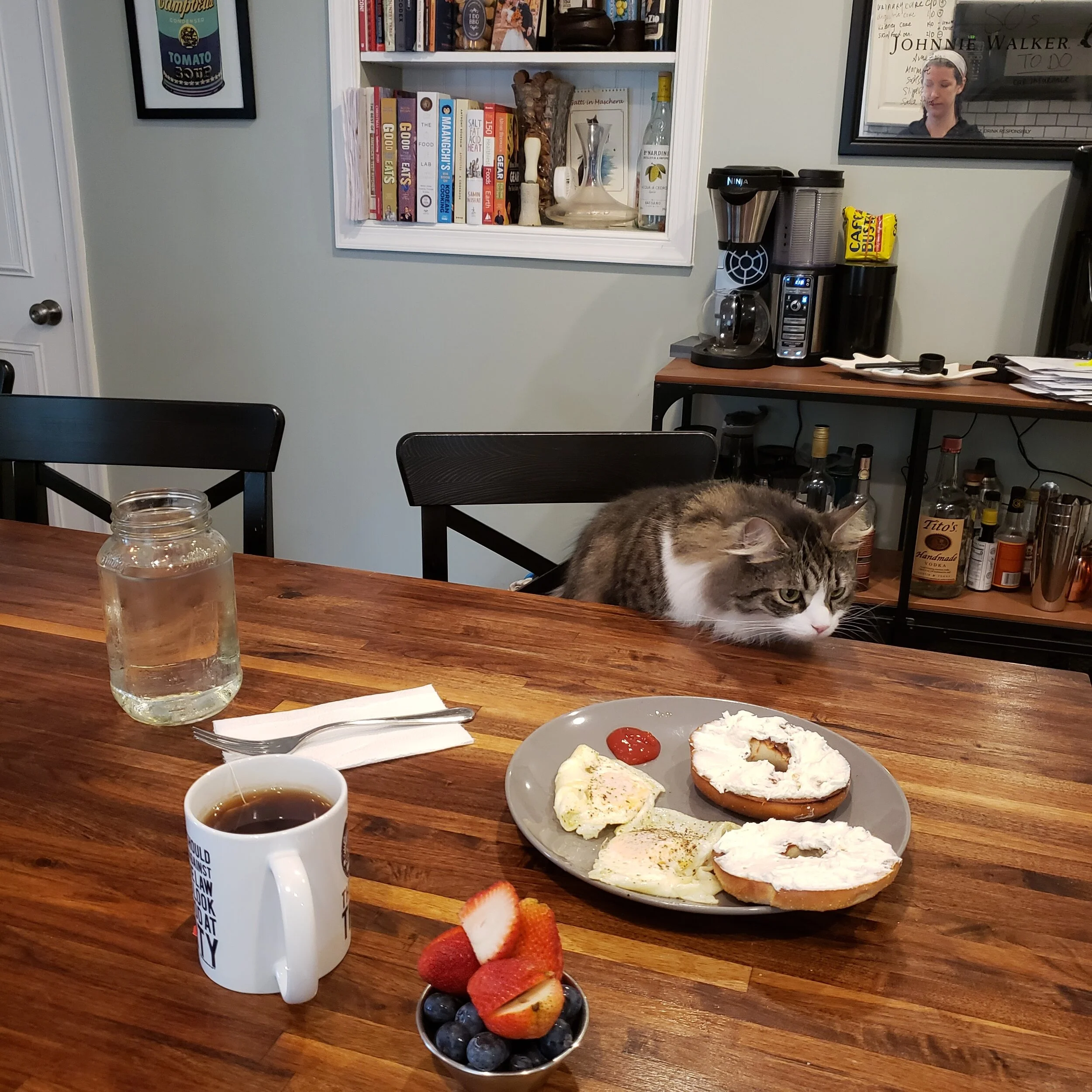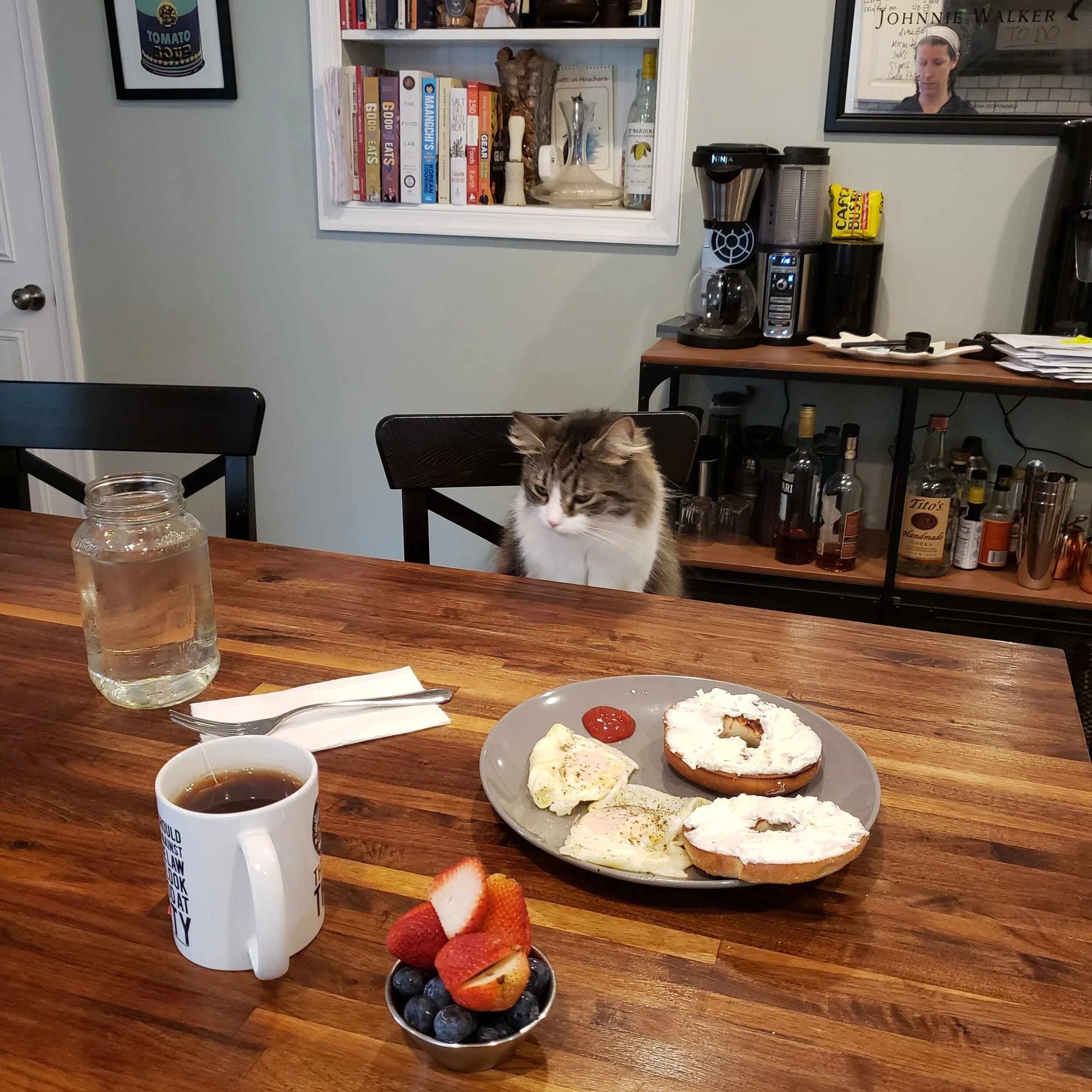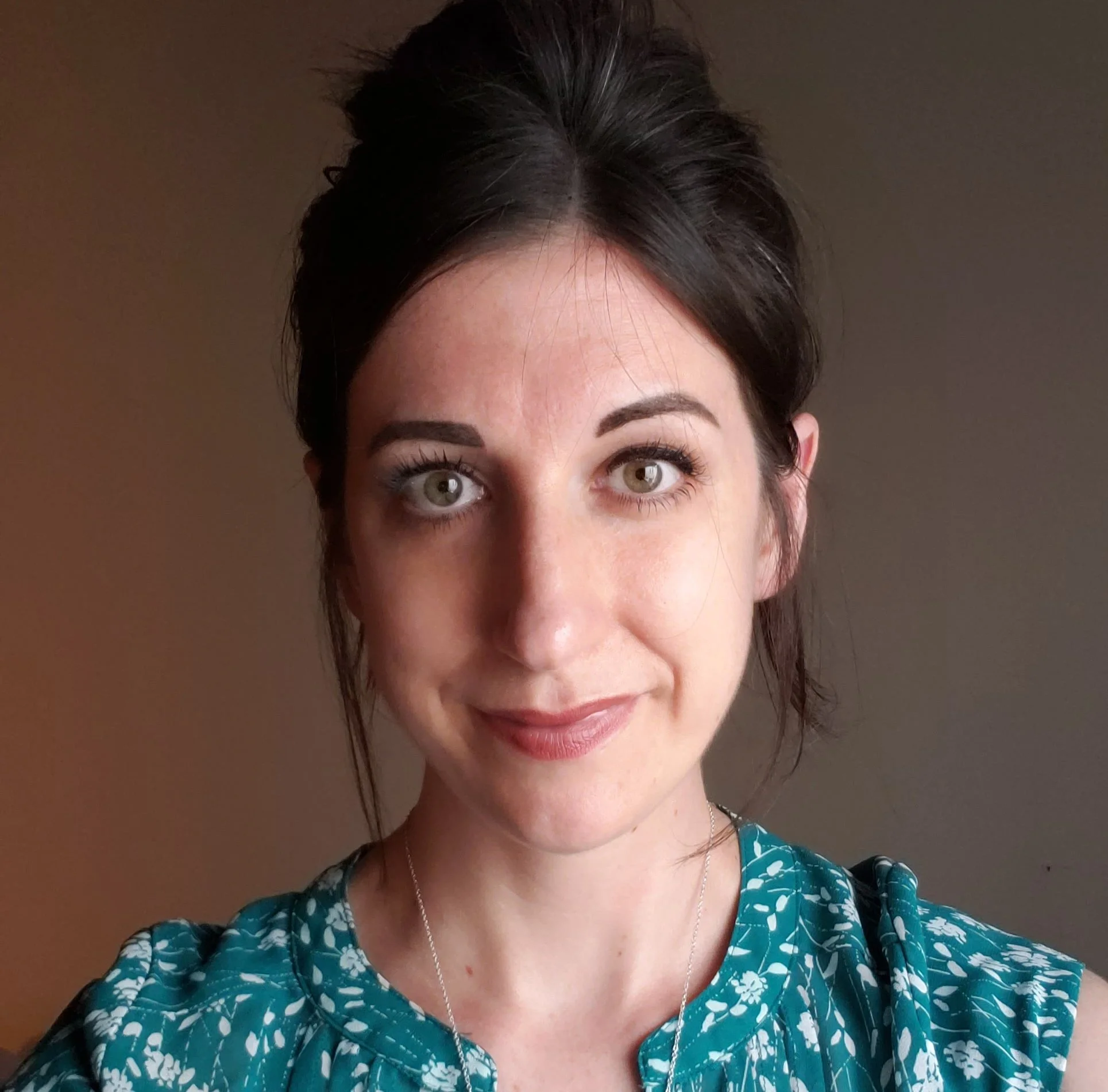My Morning Routine
4 minute read.
Why is routine important?
Why do we thrive under predictability?
Research tells us that routine helps you maintain feelings of control, resulting in increased happiness and strength during times of unpredictability and stress.
As a therapist, I am always happy to share my own tried-and-true methods of self-care and mental health management. As a person who has survived the pandemic, I am happy to give you a peak into the morning routine that has kept me stable, reliable and present.
*This is the schedule of a person who is their own boss. I work about 15 clinical hours/week and my time is flexible. The rest of my work days are dedicated to my podcast, documentation, client paperwork, advertising, blogging and continuing education (none of which pay at this time). This routine may appear lavish to some, but it has proven necessary to work as a mental health professional during these trying times - and even before. If it is not accessible to you, be gentle with yourself, and feel free to use some of the tips and insights written below.*
Wake up.
7-8amish.
What I do: Tend to the pets, Put the kettle on, Turn on calming music, Put away/wash left over dishes, Clean kitchen surfaces, Turn on lights (only the necessary ones to start), Open windows/window shades, Light candles (safely). Sit by an open window, journal, meditate for 10 minutes, stretch, drink my tea.
What I also do: Move slowly, try not to rush; Little screen time as possible; Take long, deep breaths; Try to keep my thoughts confined to this hour alone.
Why it’s all important: Clutter and mess give me anxiety, rushing to clean worsens my anxiety; A fresh start or clean slate can function both literally and figuratively; Bonding with my pets; Resetting my nervous system (especially after a poor night’s sleep).
Me + Doze getting ready for yoga.
Move.
8-9:30ish
What I do: Take a walk while listening to an audio book or meditation music (depending on my needs); Yoga.
What I also do: Take in the sights, smells and feelings I experience while walking outside; Stay in the moment as much as possible; Choose a practice that fits my mood; If using YouTube, I avoid practices that have triggering phrases like “weight loss,“ “belly fat,“ “beach bod,“ etc.
Why it’s all important: Stretching everyday breaks up stiffness, improves circulation and makes you more alert; Fresh air and daily exercise improves your health, your focus and the connection with your environment resulting in a sense of belonging.
Eat.
The next hour.
What I do: Make breakfast, watch a show I’ve seen 10+ times, do the dishes.
What else I do: Eat slowly, sit comfortably, pet the cats.
Why it’s all important: Sustenance; Developing and maintaining a more healthy relationship with food and eating; Familiar TV shows offer comfort and predictability.
Whatever comes next.
I may do some work on my furniture restoration projects or gardening before hopping in the shower and starting my beauty routine.
I then begin sessions, personal appointments or whatever else is on the schedule.
What to remember.
Make a conscious effort to move mindfully. If you have the time, try not to rush. Be gentle with yourself if it does not come easy at first. Play with your new routine until it feels just right. Adjust it as needed. Good luck!
Thank you for reading!
Email contact@teletherapywithsarah.com with questions/comments/concerns.
Pennsylvanians - ready to start therapy? Reach out to contact@teletherapywithsarah.com for a free 15 minute consultation.
Very Best,
—Sarah
*Disclaimer - This piece was written by a straight, cis, able-bodied, white woman. Intersectionality (coined by lawyer, civil rights advocate, scholar and philosopher Kimberlé Crenshaw) tells us that ethnicity, class, sexuality and gender that differ from the above identifiers encounter more hardship and oppression.*
Find a therapist:
includsivetherapists.com
therapyden.com
zencare.co
thrivingcampus.com
*National Suicide Prevention Lifeline
Hours: Available 24 hours. Languages: English, Spanish. Learn more
800-273-8255
